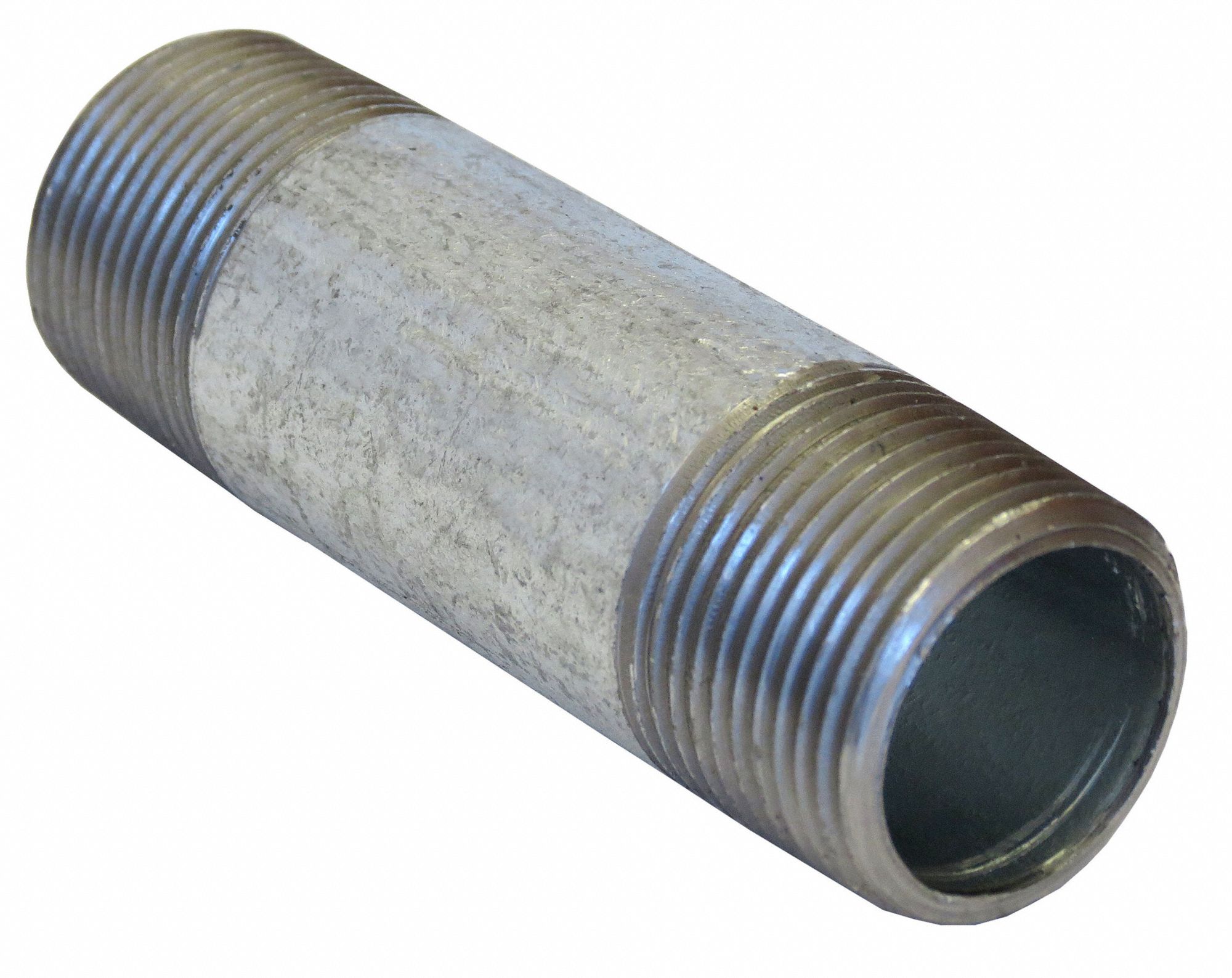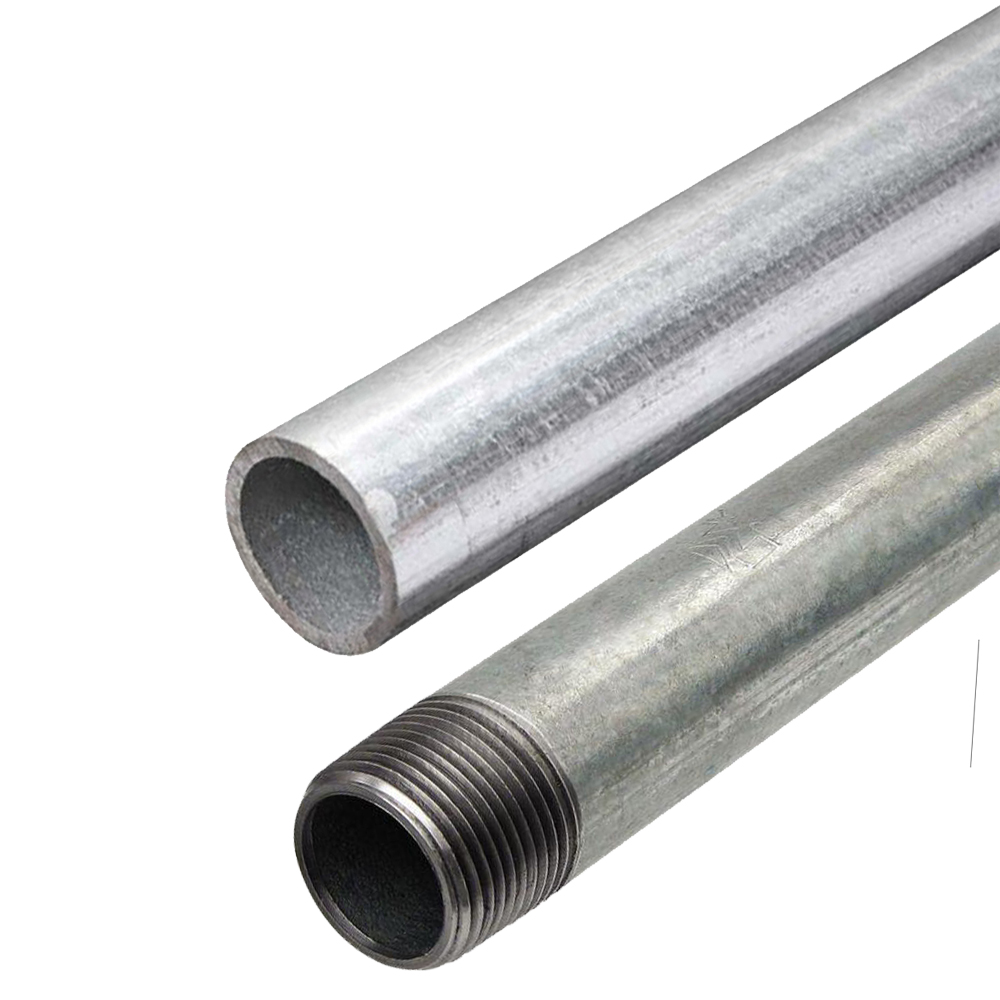In the world of plumbing and construction, the threaded pipe stands as a vital component, ensuring seamless connections and effective fluid transportation. This essential tool is not only beneficial for professionals but also for DIY enthusiasts looking to tackle home improvement projects. Threaded pipes come in various materials and sizes, making them adaptable for a multitude of applications, from residential plumbing to large-scale industrial operations.
As one delves deeper into the functionality and types of threaded pipes, it becomes evident that their design plays a crucial role in the efficiency of any piping system. Threaded pipes feature spiral grooves or threads along their exterior, allowing for easy connection and disconnection between different sections. This unique design not only simplifies installation but also enhances the reliability and longevity of the plumbing system.
Whether you’re seeking to understand the specifications of threaded pipes or exploring their various applications, this comprehensive guide will illuminate the intricacies of this indispensable tool. Join us as we explore the advantages, types, and common questions surrounding threaded pipes, ensuring you’re well-equipped for your next project.
What Are the Common Uses of Threaded Pipe?
Threaded pipes serve a variety of purposes across numerous industries. Here are some common applications:
- Residential plumbing systems
- Industrial piping systems
- Hydraulic systems
- Gas and oil transportation
- Heating systems
How Do Threaded Pipes Differ from Other Types of Pipes?
Threaded pipes are distinct from other pipe types due to their unique connection method. Unlike welded or glued pipes, which require chemical bonding or heat, threaded pipes can be easily assembled and disassembled. This feature makes them advantageous for temporary setups or systems that require frequent adjustments.
Are There Different Materials Used for Threaded Pipes?
Absolutely! Threaded pipes come in a variety of materials, each with its own set of benefits:
- Steel: Known for its strength and durability, steel threaded pipes are commonly used in industrial settings.
- Stainless Steel: These pipes are resistant to corrosion, making them ideal for environments exposed to moisture.
- PVC: Lightweight and easy to work with, PVC threaded pipes are popular for residential plumbing.
- Brass: Brass pipes are often used for gas lines due to their ability to withstand high pressure.
How Do You Properly Install a Threaded Pipe?
Installing a threaded pipe is a straightforward process, provided you follow these steps:
- Gather the necessary tools, including a pipe wrench, Teflon tape, and a pipe cutter.
- Measure and cut the pipe to the desired length.
- Wrap Teflon tape around the threads to ensure a tight seal.
- Align the pipes and hand-tighten them together.
- Use a pipe wrench to securely tighten the connection without over-torquing.
What Maintenance Do Threaded Pipes Require?
To ensure longevity and optimal performance, threaded pipes require regular maintenance. Here are some tips:
- Inspect for leaks regularly and tighten connections as needed.
- Clean threaded connections to prevent rust and corrosion.
- Replace worn or damaged pipes immediately to avoid larger issues.
Can Threaded Pipes Be Used Outdoors?
Yes, threaded pipes can be used outdoors, but it is crucial to choose the right material. Stainless steel and PVC are recommended for outdoor applications due to their resistance to the elements. Proper insulation and maintenance will also help extend the lifespan of outdoor threaded pipes.
What Are the Risks Associated with Threaded Pipe Usage?
While threaded pipes are generally safe, there are some risks to consider:
- Improper installation may lead to leaks.
- Corrosion can weaken pipes over time, leading to potential failures.
- Using the wrong material for specific applications can result in catastrophic failures.
Conclusion: Embracing the Benefits of Threaded Pipe
In summary, threaded pipes are an essential component in various plumbing and construction projects. Their unique design allows for easy installation and maintenance, making them a preferred choice for many professionals and DIY enthusiasts alike. By understanding their applications, proper usage, and maintenance requirements, individuals can harness the full potential of threaded pipes for their specific needs.
You Might Also Like
Exploring New Horizons: When Your Girlfriend Wants To Try AnalCan Apple Cider Vinegar Eliminate Parasites From Your Body?
Unlocking Connectivity: The Ethernet Joiner Cat5
Delighting Your Palate: The Art Of Cheese Box Selection
Unveiling The Essence Of Greatness: What Makes A Great Man Great
Article Recommendations


